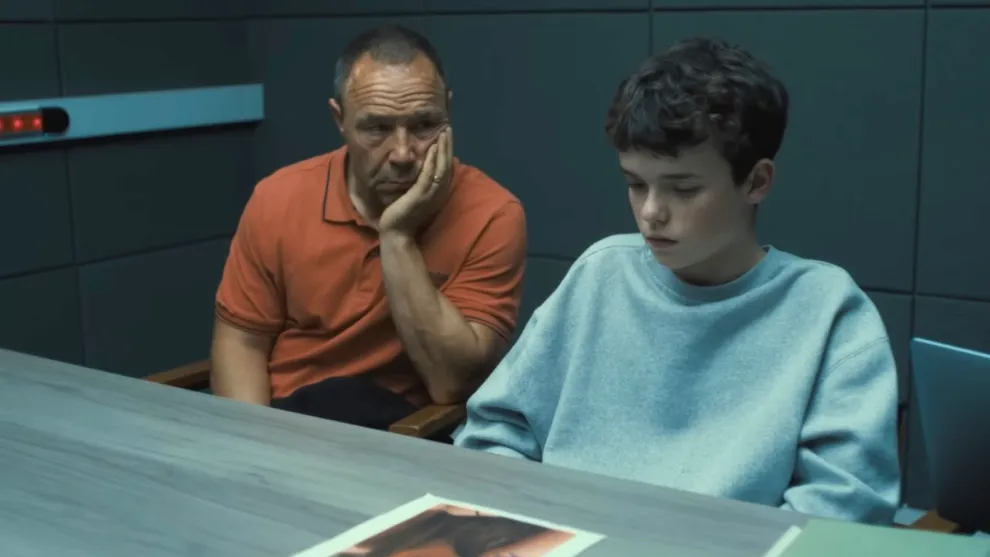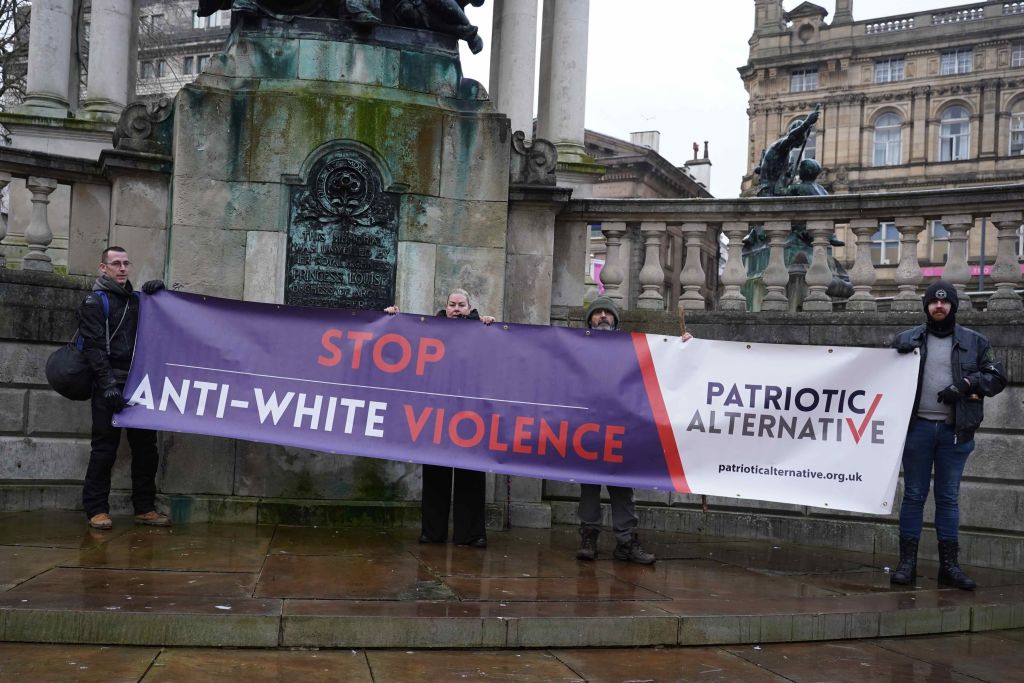Netflix’s Adolescence Isn’t About Race, Except Maybe It Is
The hit show provokes an empathy that Black boys seldom get
By Rebecca Carroll
Everyone is talking about Adolescence, the new Netflix drama that tells the harrowing story of a 13-year-old boy who is accused of killing his classmate, a girl named Katie. As a mother, I watched it as a cautionary tale about the perils of violent incel culture on the still-developing brains of young boys. But as a Black cultural critic who is also the mother of a Black boy, it also made me think about who we feel empathy for, and who we do not.
To be clear, I loved Adolescence. Each episode is shot in one remarkable take, every scene strung together like a grievous aria. The effect is gutting. At the center of the show is 13-year-old Jamie Miller (Owen Cooper), a baby-faced schoolboy with alabaster skin, brooding eyes, and a sullen British lilt. Jamie lives with his working-class family in the small town of West Yorkshire, England, and has been accused of the stabbing murder of his classmate. There are no spoilers to be had—damning video evidence is revealed in the first episode. The rest of the series unfolds the devastating aftermath of Jamie’s crime; the unraveling of his family following his arrest and incarceration; and the painstaking path to understanding his motivations.

It is a path paved with compassion. Jamie is presented as a victim of the manosphere, spending all those unsupervised hours holed up in his room, delving deep into a misogynist world online and on social media. By the end of the series, I was still somewhat rooting for this white boy who, yes, was a target of cyberbullying and the coded emoji world of Instagram, but who also committed a violent murder. This show made me worry about men, and I never worry about men. But my empathy speaks volumes about how we are all conditioned to receive and accept the way this boy is presented—and the fact that he is not demonized, a grace seldom offered to young Black boys.
According to the show’s co-writer and co-creator, Stephen Graham, Adolescence was inspired by an article he read about a boy who stabbed a girl to death, along with several other news stories about violent crimes committed against girls by young boys across Great Britain. He didn’t mention race (although, as a mixed-race person, Graham is no stranger to racism). But members of the very manosphere at the core of Adolescence have been quick to make its premise about race, spreading misinformation that the show was based on the murder of three young girls at a Taylor Swift-themed dance party in Southport, London last summer. The perpetrator in that case was 13-year-old Axel Rudakubana, who is Black. Despite the fact that production on Adolescence was well underway when those murders took place, right-wing influencer Ian Miles Chong took to X to accuse the show’s creators of “race-swapping” as an act of “anti-white propaganda,” a false claim that was promptly endorsed by X owner Elon Musk.

There are similarities in the stories: Rudakubana struggled with mental health issues and was also being bullied. He had even called a welfare hotline asking for help about what to do if he had homicidal ideations. But the media coverage of his case was short on the kind of empathy we feel for onscreen Jamie, whose first utterance is a terrified, “I’ve done nothing wrong.” Instead, the headlines in Rudakubana’s case went straight to describing him as an “evil killer,” and a “recluse teenage loner, obsessed with violence” who was on “a long path to murder.”
Had the creators of Adolescence cast a Black boy in the role of Jamie, the audience may well have perceived him with the same built-in bias that the media showed toward Rudakubana. But it might also have gone a long way in helping to extend the kind of empathy that Black boys deserve, too—a moral restitution that goes far beyond good television.
Rebecca Carroll
Rebecca Carroll is a writer, cultural critic, and podcast creator/host. Her writing has been published widely, and she is the author of several books, including the memoir Surviving the White Gaze. Rebecca is Editor at Large for The Meteor.